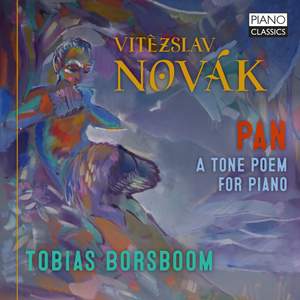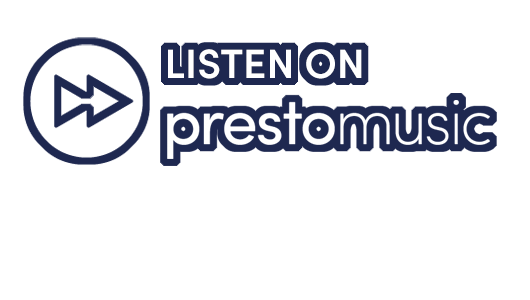Vítězslav Novák was born in Kamenice nad Lipou Bohemia. Novák was baptized as Viktor, but when he left for Prague to study composition with Antonín Dvořák, he changed his name to Vítězslav in order to connect more with the Czech identity.
Novák's earliest compositions were influenced by the ‘moderns’ of his youth. These were Grieg, Tchaikovsky and Dvořák, but also the German Romantics such as Brahms and in particular Schumann. These compositions are mainly piano works, with typical romantic names. In 1897, Novák was introduced to Janáček, who shared his interest in folk music, which led Novák to make serious work of studying Czech and Moravian folk music and he arranged many folk songs. This contact with folk music was reflected in Novák's compositions and it came to characterize his style. Later influences were the works of Debussy and Richard Strauss.
Pan is a tone poem for piano in five movements. After the Prolog (prologue) the music transforms into spirited representations of three different natural scenery, mountains, sea and forest. The last movement pays tribute to ‘the woman’ and womanhood. The music is highly evocative, scenic, visual and atmospheric, while the piano writing is of the highest order, in Lisztian fashion.
Dutch pianist Tobias Borsboom is a versatile musician, who, apart from his solo and concerto appearances, also likes to collaborate with other theater and art forms.





